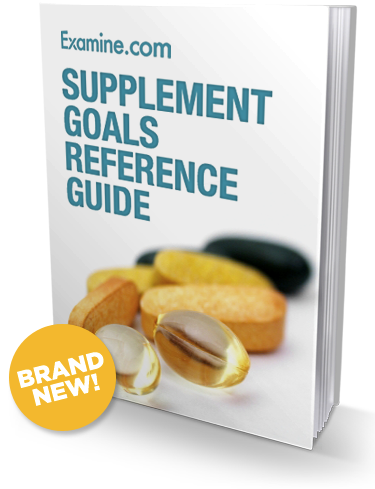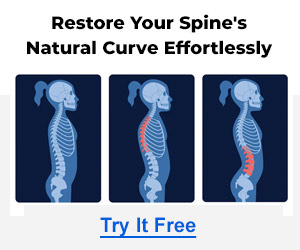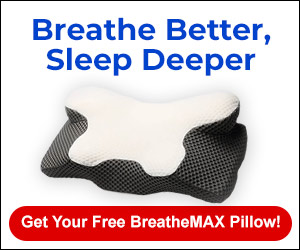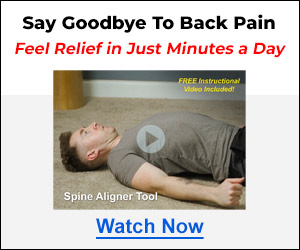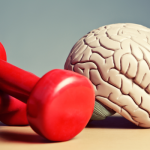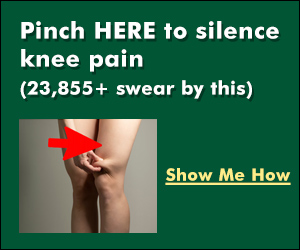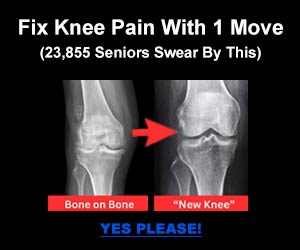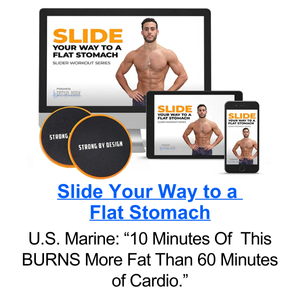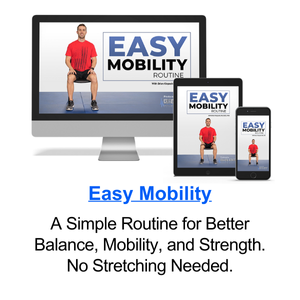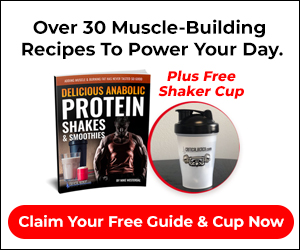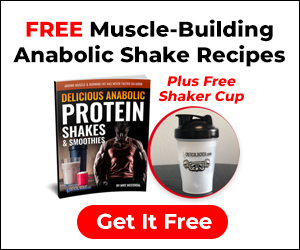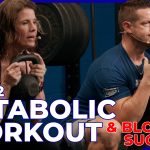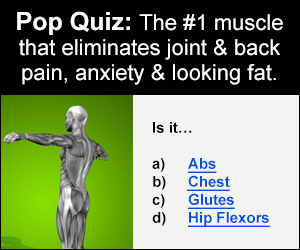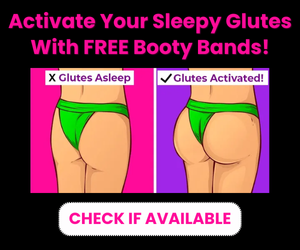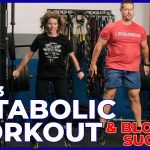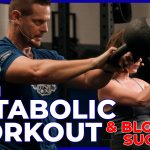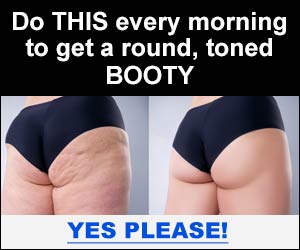Getting enough sleep is absolutely vital to maintaining a high quality of life. Unfortunately, it takes time and commitment. If you don’t respect sleep, not only will you find yourself struggling in your daily life, but your gym performance and overall life expectancy will fall.
What happens when sleep is impaired?
Missing one night of sleep is not too bad. Physical performance is largely unaffected, and most parameters of mental health remain stable, apart from the occasional spike in afternoon fatigue. Most negative effects of sleep loss appear when sleep is poor every night, for a prolonged period of time.
Consistent poor sleep is associated with the following:
- An altered hormonal profile (your leptin, testosterone, growth hormone and cortisol levels might change for the worse).
- Reductions in muscle growth and increased fat gain over time.
- Reduced cognitive potential, usually in regards to judgement and interpersonal interactions.
- Reduced recovery rates.
Long-term adverse health effects include an increased risk for cardiovascular and neurodegenerative diseases. Considering that sleep was recently found to clear toxic compounds from the brain, it seems prudent to find time for bedtime.
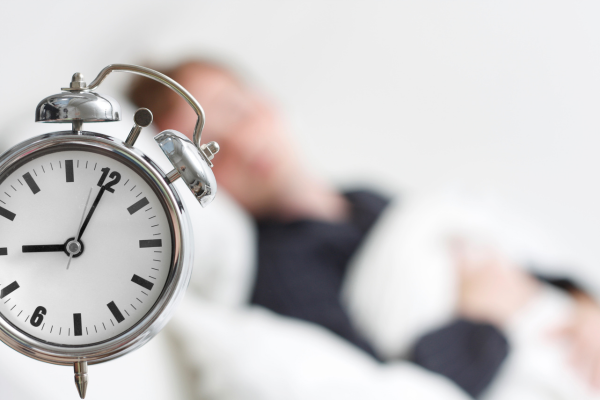
How can I easily optimize sleep?
Making sure your sleeping habits are ideal are equal parts habit, environment, and supplements. If your sleeping habits and environment are not up to par, dedicate time to improving them before moving onto supplements.
Habits
Sleep in the same place every night. Your body will enjoy the familiarity and get more rest. Attempt to ease your mind before trying to fall asleep. It can help to externalize your worries by keeping a diary or to-do list, or meditating. The more relaxed your brain is, the better you will sleep.
Environment
During the early stages of sleep, your body can and will respond to changes in your environment, possibly leading you to waking up when you would’ve just preferred to stay asleep. A good sleep environment is one with very little noise and a stable, not-too-warm temperature. If your mattress likes to surprise you by poking you with springs in your sleep, consider a new mattress.
While getting ready for bed, try to limit your exposure to light. Excessive light will limit your body’s production of melatonin, which is essential for a good night’s sleep. Try to stay away from LED or fluorescent lights 30 minutes before bed, or download f.lux if you must be online immediately before bed.
Supplementation
Supplementation should be resorted to if managing your habits and environment doesn’t produce your desired quality of sleep. Melatonin is great for people that have trouble falling asleep, but are fine once actually snoozing.
Glycine can help if you have no issue falling asleep, but wake up too often. Lemon balm is a good way to reduce intrusive thoughts before bed. Keep in mind, melatonin is less effective during the day, while lemon balm makes a horrible pre-workout.
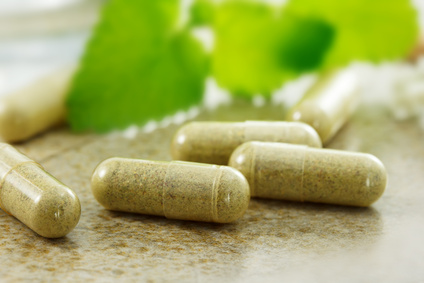
What can I do if I slept badly but need to function at peak capacity?
Whether you couldn’t sleep the night before your first powerlifting meet, or you had to stay up to finish an assignment, there are a few things you can do to ensure you function well the day after a terrible night.
Your first option is caffeine, though try your best to time it well. Since fatigue associated with poor sleep occurs in the early afternoon, taking caffeine between 9 and 10 a.m. will counteract that fatigue best. Too early, and you’ll need another dose at noon. Too late, and you’ll be impairing your ability to fall asleep when you need to.
Do your best to go to bed earlier the next night. This is known as recompensatory sleep, and while there are limits to it, try to catch up with an extra hour or two of sleep the day after you sleep poorly.
Creatine has also been found to preserve cognitive function during sports during instances of sleep deprivation.
All of the scientific research presented in the Supplement-Goals Reference Guide (over 2000 references) is human studies. While they factor in animal studies and in vitro studies while building up their knowledge on topics, they do not include them in their conclusions.
Supplementation is interesting field. Some people rely too much on supplements while others totally dismiss them as useless. This non-biased guide will help you decide for yourself.
I bought a copy for everyone on my staff to reference.
If You Have Questions About Supplements – Click Here as This Reference Guide Will Help.
by Sol Orwell


